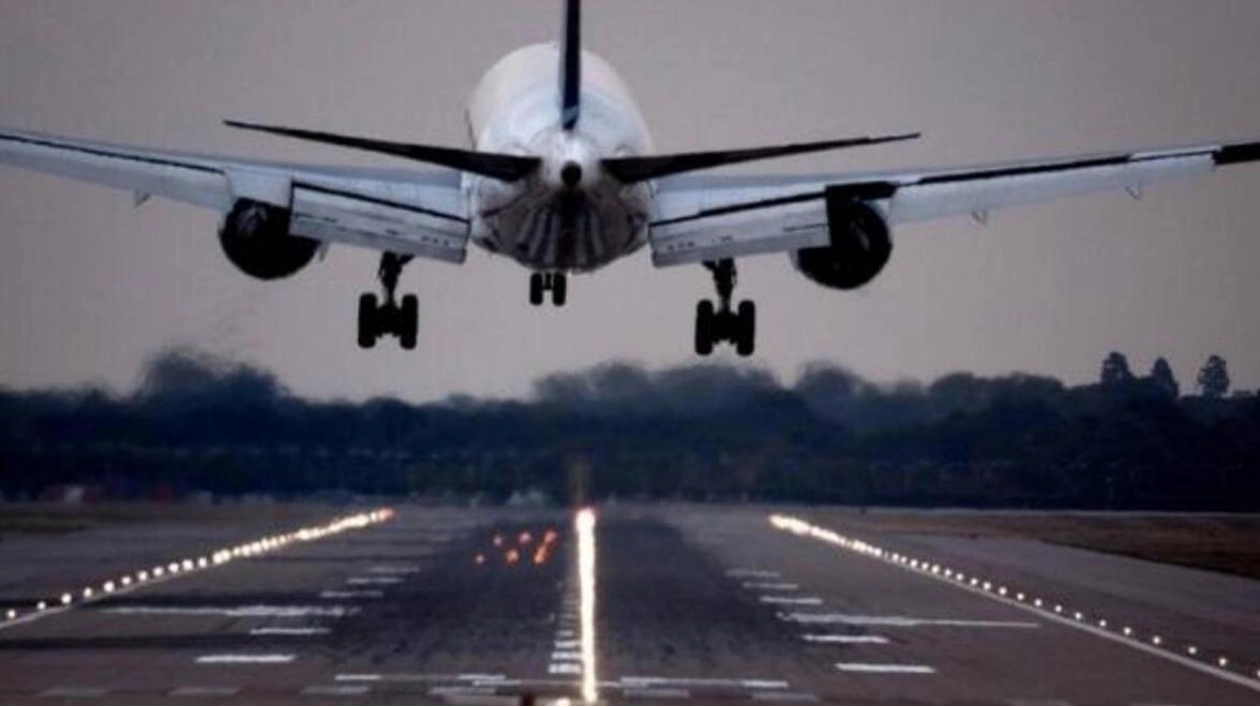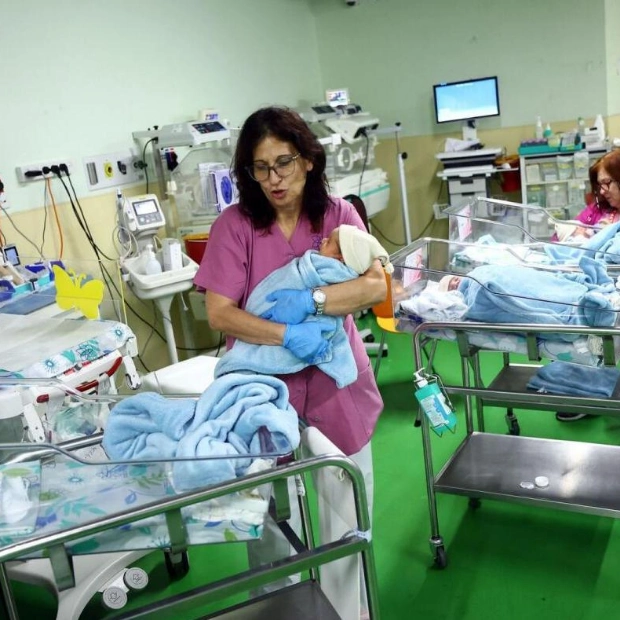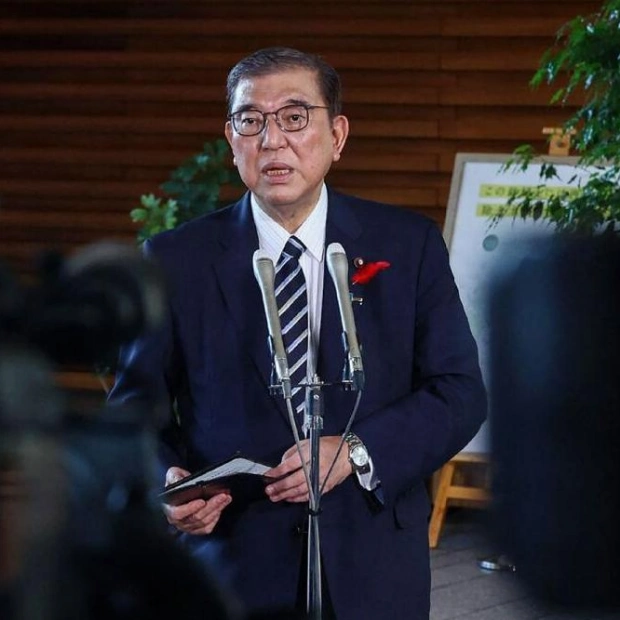Photo: File. Image used for illustrative purposes
The possibility of passenger planes operating with only one pilot could soon become a reality, driven by the rapid advancements in technology, particularly in artificial intelligence (AI), according to a senior official from Dubai-based Emirates Airlines. Adel Al Redha, the deputy president and COO of Emirates Airlines, shared this insight during the inaugural Aviation Future Week on Tuesday. He emphasized that the aviation industry is experiencing rapid technological evolution, and AI's predictive capabilities are enhancing efficiency, interoperability between airlines, and safety, potentially reducing the necessity for human pilots in the cockpit.
The idea of reducing the crew from two pilots to one has been a topic of discussion in the airline industry for some time, but recent incidents have brought it back into focus. Last week, a Turkish Airlines pilot collapsed mid-flight, prompting the co-pilot to make an emergency landing in New York. Similarly, in 2015, an American Airlines pilot died during an overnight flight from Phoenix to Boston, necessitating an emergency landing by the first officer. The US Federal Aviation Administration mandates that two pilots must always be present in the cockpit of a large commercial aircraft.
Al Redha is optimistic that AI could enable planes to fly with just one pilot. He noted that modern passenger jets are now equipped with advanced flight management systems. Tasks that were once performed manually by pilots, such as plotting flight paths and monitoring fuel levels, are now handled by computers and GPS or satellite-based navigation systems.
"There have been some incidents, but they are exceptions," Al Redha explained. "Today, technology is advancing, and AI is assisting us. Aircraft manufacturers have implemented numerous redundancies to enhance system efficiency and reliability." He believes that in the future, it is possible to have only one pilot instead of two, provided that strong regulations are in place and more technical redundancies are established to monitor the aircraft both in the air and on the ground.
Al Redha also mentioned that AI and the potential reduction of human pilots in the cockpit could help address the anticipated pilot shortage in the region. However, he clarified that this transition will not happen immediately. Several regulatory requirements, particularly those ensuring passenger and crew safety, must first be addressed.
In July, the European Cockpit Association (ECA) and some pilot groups opposed the idea of single-pilot flights, arguing that reducing the crew at any time could compromise safety. Captain Otjan de Bruijn, ECA President, stated on their website 'One Means None' that single-pilot flights are an inherently dangerous concept driven by commercial interests. Conversely, the European Union Aviation Safety Agency (EASA) acknowledged that the aviation industry continuously develops technology and automation to improve operational safety and efficiency, with ongoing efforts to enable the safe operation of large passenger aircraft by a single pilot during the cruise phase of flight.






